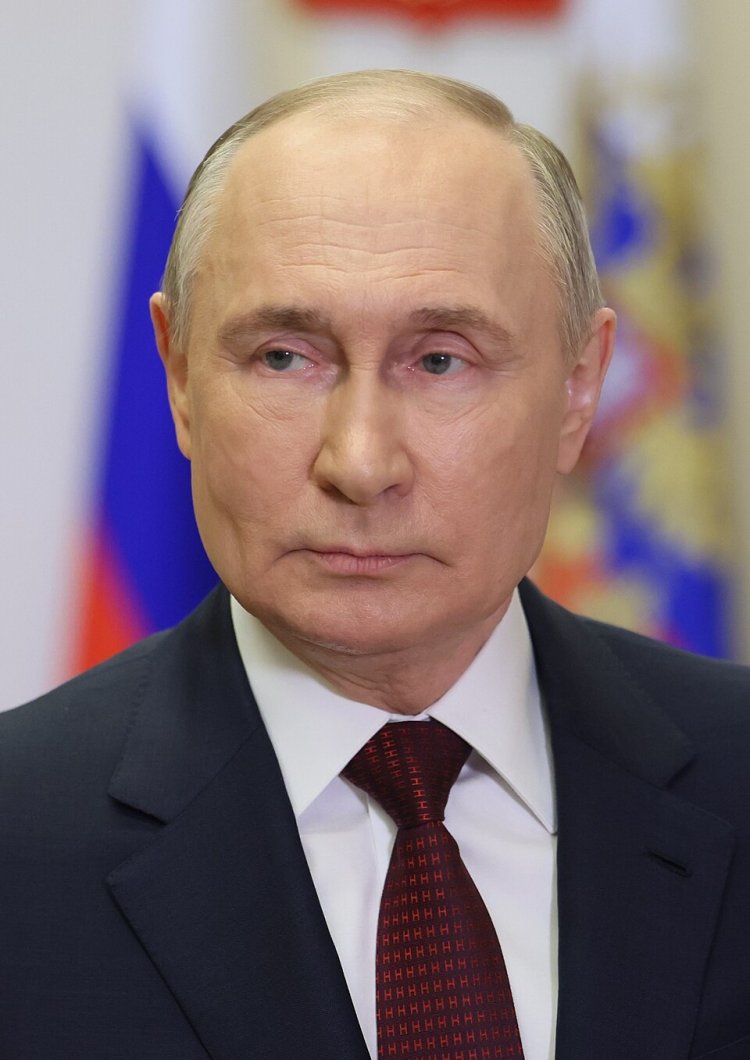Putin’s Valdai Speech Highlights Russia’s Push for Multipolar World
At the Valdai Forum, President Vladimir Putin argued that the era of Western-led unipolar dominance is over and that a multipolar world is emerging irreversibly. He criticized the West for imposing its values and institutions on others, stressing that diverse civilizations must be respected and represented in global decision-making. Putin outlined principles for the new order, including openness, justice, equality, collective security, and the creation of fairer economic and financial systems. He positioned Russia as a key player in shaping this multipolar world alongside other non-Western powers and the Global South.

Sochi, Russia — Russian President Vladimir Putin used his annual address at the Valdai Discussion Club to outline his vision of a rapidly changing global order, portraying Russia as a key player in what he described as an emerging “multipolar” world.
Speaking to academics, diplomats, and analysts, Putin said the era of Western dominance in international affairs was ending, and that a fairer system of global governance was taking shape. “The unipolar world is behind us,” he said, adding that countries across Asia, Africa, and Latin America were asserting greater influence in shaping international policies.
Criticism of the West
The Russian leader condemned Western sanctions, describing them as “instruments of coercion” that destabilize global markets. He argued that efforts to isolate Moscow had failed, citing strengthened trade and diplomatic ties with China, India, the Middle East, and African states.
On the conflict in Ukraine, Putin maintained that Russia’s actions were defensive, claiming NATO expansion posed a threat to Moscow’s security. He reiterated that Russia would not abandon its objectives until it received what he called “reliable security guarantees.”
Call for New Global Structures
Putin emphasized the need for new frameworks of international cooperation that respect sovereignty and cultural diversity. He highlighted the BRICS grouping—comprising Brazil, Russia, India, China, and South Africa—as a growing force in world politics and economics.
He also pointed to energy and food supply as central global challenges, pledging that Russia would remain a reliable supplier of oil, gas, grain, and fertilizers despite Western restrictions.
Domestic Resonance
Domestically, the speech reinforced Putin’s message of resilience in the face of Western pressure. He highlighted Russia’s efforts in technological innovation, economic adaptation, and military capacity as evidence that the country remained strong despite sanctions.
Global Reaction
Observers say the Valdai speech will likely draw mixed reactions. Supporters in parts of the Global South may view Putin’s message as aligned with calls for a more balanced global order. Western governments, however, are expected to see it as further justification of Russia’s stance on Ukraine and defiance of international pressure.
Outlook
The Valdai speech has become a key platform for Putin to present Russia’s worldview to both domestic and international audiences. This year’s remarks reinforced his narrative of a shifting global landscape, with Russia positioning itself as a central actor in shaping what he called the “post-Western era.”
What's Your Reaction?




















